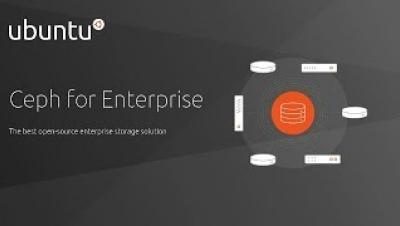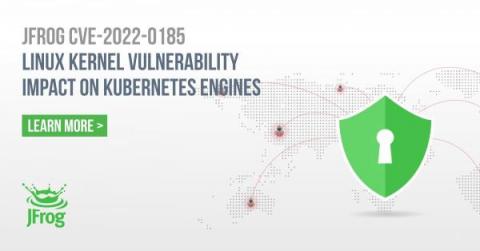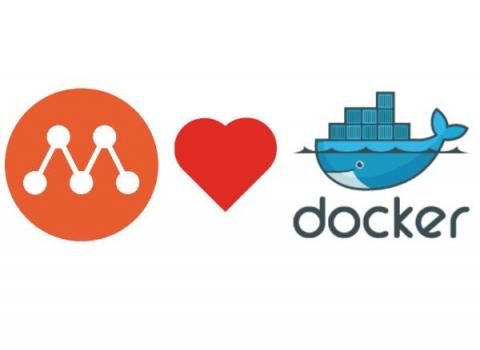Operations | Monitoring | ITSM | DevOps | Cloud
Linux
Finserv hybrid cloud strategy - it starts with Linux
The future of financial services technology infrastructure is hybrid multi-cloud. Hybrid multi-cloud architecture provides financial institutions flexibility, portability, interoperability, and the control needed to consistently deploy and manage enterprise applications and workloads. By adopting hybrid cloud, finservs realise the benefits of effective cloud cost management, security, compliance, efficiency and agility. The hybrid cloud strategy starts with choosing the right enterprise Linux.
Code coverage for eBPF programs
I bet we all have heard so much about eBPF in recent years. Data shows that eBPF is quickly becoming the first choice for implementing tracing and security applications, and Elastic is also working relentlessly on supercharging our security solutions (and more) with eBPF. However, one major challenge is that the eBPF ecosystem lacks tooling to make developers' lives easier. eBPF programs are written in C but compiled for a specific ISA later executed by the eBPF Virtual Machine.
Open source cloud platform: meet OpenStack
Are you looking for an open source cloud platform and you don’t know where to start? Are you getting lost in all the independent rankings and cloud platform comparison pages? Try OpenStack and get your open source cloud platform up and running today. OpenStack works at any scale: from a single workstation to thousands of nodes and installs in minutes. Sounds impossible? Give it a try or continue reading to explore where is it coming from.
Linux Server Management in 2022
Linux server management is an integration of cybersecurity and business objectives. Linux server management at scale is a vastly different activity from interacting with a terminal on one machine. The best Linux server management tools universally offer a server management GUI within a web browser. Implementation details matter, especially in a pay-for-compute world. Sysadmin tools that don’t have a lightweight footprint increase overall compute costs.
The Impact of CVE-2022-0185 Linux Kernel Vulnerability on Popular Kubernetes Engines
Single-command Docker environments on any machine with Multipass
Multipass exists to bring Ubuntu-based development to the operating system of your choice. Whether you prefer the GUI of macOS (even on M1), Windows or any other Linux, the unmatched experience of developing software on Ubuntu is there at your fingertips, just one “multipass launch” away. Today, the Multipass team is delighted to enhance this experience for developers working with containerised applications!
Model driven observability with Prometheus, Alertmanager, Grafana and Loki
Understanding bare metal Kubernetes
Bare metal Kubernetes is a powerful set of technologies that builds on the best ideas behind the public and private cloud, yet abstracts away some toilsome aspects related to virtualisation management and networking. For operators and users, it provides significant benefits, making it easier and faster to ship and maintain complex, distributed applications.









